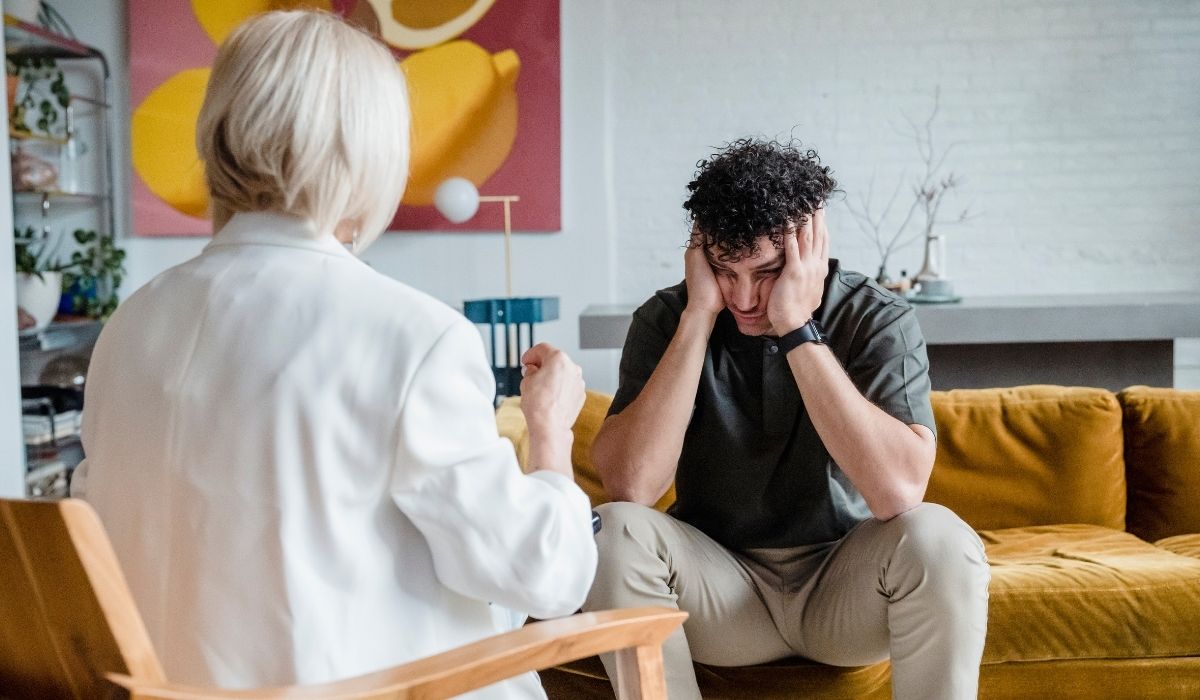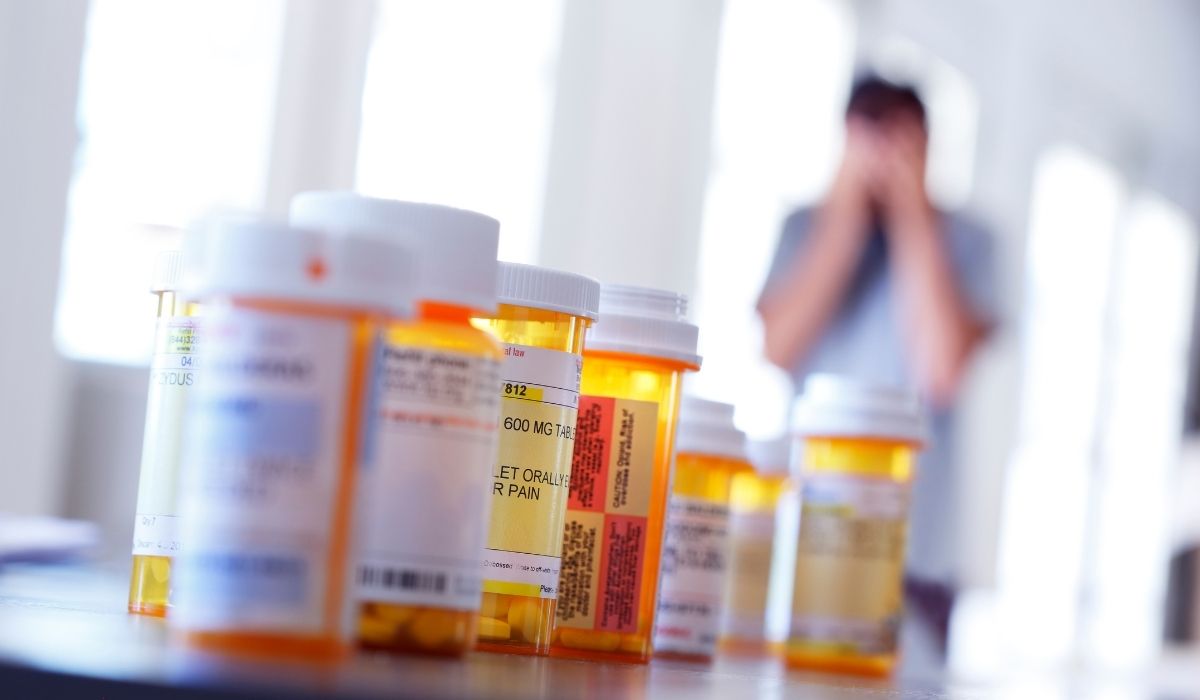When Is Residential Treatment Necessary?
Sometimes life gets really hard. When someone is very sick in their mind or has problems like addiction or stress, they might need extra help. This help can come from a special place called a residential treatment center. But how do you know when residential treatment is necessary? Let’s talk about it in a way that’s easy to understand.

What Is Residential Treatment?
A residential treatment center is a place where people stay full-time to get better. It’s different from outpatient care, where you go home every day. In a residential program, the person lives there while getting help. They get help from mental health professionals, physicians, and nurses. These people give support through therapy, medication, and activities that improve mental health.
Who Needs Residential Care?
You may wonder if you or someone you love needs this kind of help. Here are some reasons why a person might need residential care:
Severe Mental Illness
If someone has a serious mental disorder like bipolar disorder, major depressive disorder, or psychosis, they may need more support than they can get at home. These are diseases that change the way a person thinks, feels, or acts.
Suicidal Ideation or Self-Harm
When someone is thinking about hurting themselves or ending their life, this is called suicidal ideation. It’s very serious. In this case, help from a treatment center may be life-saving.
Addiction to Drugs or Alcohol
People who struggle with substance abuse or alcohol addiction may need a safe place to recover. A residential program can help keep them away from drugs and offer support during hard moments like relapse.
Mood or Personality Disorders
Some people have a hard time managing their feelings or behaviors. This may be due to borderline personality disorder, another personality disorder, or a mood disorder. A residential setting helps with mood control and behavior management.
Dual Diagnosis
Some patients have both a mental disorder and a substance abuse problem. This is called dual diagnosis. These patients need special care from trained clinicians who understand both issues.

Signs That Show Residential Treatment Might Be Needed
Knowing the signs can help you decide when residential treatment is necessary. Watch for:
-
Trouble in school or work
-
Big changes in sleep, mood, or behavior
-
Avoiding family and friends
-
Trouble with thinking clearly
-
Problems with medication or outpatient therapy not working
-
Going to the emergency department often for mental health reasons
Benefits of Residential Treatment Programs
A Safe and Natural Environment
Residential treatment centers often offer a peaceful, natural environment. This calm setting can help people focus on getting better.
Round-the-Clock Support
People in a residential program get 24/7 help from health professionals like psychiatrists, nurses, and clinicians.
Therapy Every Day
Each day includes therapy. This may be dialectical behavior therapy (DBT), group therapy, and one-on-one talks with a mental health professional.
Help with Medication
Doctors help patients manage their medication safely. They watch how it works and change it if needed.
Peer Support and Social Skills
Living with others who are also working on their mental health gives patients a chance to build peer support and practice social skills.
Better Health Care Access
Patients can meet with different kinds of health care providers. This includes psychiatry, nursing, and education services.
Residential vs. Outpatient or Inpatient Care
It can be confusing to understand the difference between types of care. Here’s how they compare:
Residential Care
-
Live at the center full-time
-
Support 24/7
-
Great for people with serious needs
-
Offers structure and safety
Outpatient Care
-
Visit during the day, go home after
-
Good for mild problems
-
Often used after inpatient or residential care
Inpatient Care
-
Usually short-term
-
Often in a hospital
-
Used during a crisis, such as a mental health emergency
What Is PHP?
PHP stands for Partial Hospitalization Program. It’s like a mix between inpatient and outpatient care. People stay at the center during the day for treatment programs, then go home at night. It’s helpful for people who still need lots of care but don’t need to stay overnight.
Residential Treatment for Teens and Adults
Residential care helps both teens and adults. Young people might go for help with things like:
-
Anxiety
-
Depression
-
Substance use
-
Trouble in school
-
Poor social skills
Adults might go for:
-
Addiction
-
Dual diagnosis
-
Major depressive disorder
-
Personality disorders
-
Psychosis or mania
Insurance and Paying for Treatment
One of the biggest worries people have is money. But many insurance plans help cover mental health treatment, including residential programs. Always check with your health insurance provider to see what’s covered. Some centers even help you with the paperwork.
What Happens After Residential Care?
After leaving a treatment center, the person still needs support. They may go to:
-
Outpatient therapy
-
PHP
-
Medication management with a physician
-
Support groups for peer support
This helps keep them from going backward or having a relapse.
Choosing the Right Treatment Center
Look for a treatment center that:
-
Has licensed mental health professionals
-
Offers evidence-based therapy
-
Has programs for your needs (like dual diagnosis or personality disorder)
-
Is in a natural environment or calm setting
-
Works with your insurance
Talking to a trusted clinician or physician can also help guide your decision.
Why Management and Education Matter
Education is a big part of recovery. Patients learn about their illness and how to stay well. They also get help with life skills like:
-
Managing emotions
-
Making healthy choices
-
Building routines
-
Improving social skills
Good management of daily habits helps people stay healthy long after treatment.
How Family Can Help
Family plays a big part in healing. Many treatment centers offer family therapy. This helps everyone learn how to support the patient and talk better at home.

Seeking Treatment? We Can Help!
We work with PPO Out of Network Health Insurance Policies
If you or a loved one are struggling with mental health challenges or substance abuse, reach out to Mountain Sky Recovery today. Our team of compassionate professionals is here to support your journey towards lasting well-being. Give us a call at 951-498-5412. Visit SAMHSA for more information.



